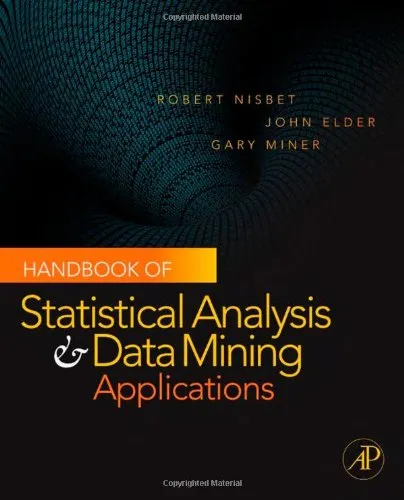Domain Driven Data Mining
4.0
Reviews from our users

You Can Ask your questions from this book's AI after Login
Each download or ask from book AI costs 2 points. To earn more free points, please visit the Points Guide Page and complete some valuable actions.Related Refrences:
Persian Summary
Welcome to the introduction of Domain Driven Data Mining, a pioneering guide that transforms the theoretical and practical landscape of data mining by integrating domain knowledge into the data analysis process. Authored by Longbing Cao, Philip S. Yu, Chengqi Zhang, and Yanchang Zhao, this book serves as an insightful resource for researchers, practitioners, and students who are keen on exploring the intersection of domain expertise and data analytics.
Detailed Summary
Domain Driven Data Mining presents an innovative approach that refines existing data mining techniques by incorporating domain-specific knowledge to yield more accurate and actionable insights. The book begins with a comprehensive overview of the limitations of traditional data mining methods, which often overlook the contextual understanding that domain knowledge brings. By addressing these shortcomings, the authors introduce 'domain-driven data mining' (D3M), a methodology that enhances mining processes by integrating models, constraints, and insights from specific domains.
The book systematically outlines the fundamentals of D3M, emphasizing the value of domain knowledge in diverse contexts like business, healthcare, and logistics. It discusses various techniques for embedding domain knowledge, such as using ontology-based frameworks, crafting domain-specific models, and applying relevant constraints during the mining process. Furthermore, the authors provide case studies and examples to illustrate the effectiveness of this approach, underlining its potential in generating results that are not only statistically significant but also practically valuable.
Key Takeaways
- Integration of Domain Knowledge: The book highlights the importance of incorporating domain-specific insights to enhance the relevance and accuracy of data mining outcomes.
- Methodological Framework: It provides a structured approach to embedding domain knowledge into data mining, offering models, constraints, and evaluation frameworks that practitioners can adopt.
- Interdisciplinary Approach: Readers will learn how to bridge the gap between data mining and domain expertise, fostering collaboration that leads to more comprehensive and contextual analyses.
- Practical Applications: Through case studies and practical examples, the book demonstrates the application of D3M across various industries, showcasing its versatility and effectiveness.
Famous Quotes from the Book
"Incorporating domain knowledge is not a choice but a necessity for achieving meaningful data mining results."
"Domain-driven data mining brings us closer to the real objective of data analysis—unveiling actionable insights that align with business goals."
Why This Book Matters
In the era of big data, understanding the core principles of data mining is essential. However, traditional methods often fall short when applied to real-world problems due to their lack of consideration for domain-specific contexts. Domain Driven Data Mining bridges this gap by incorporating domain knowledge, thereby refining the accuracy and applicability of data mining insights.
This book is crucial for multiple reasons: it challenges the conventional approaches to data mining, introduces an innovative framework that combines theoretical and practical aspects, and demonstrates the power of contextual analysis in deriving significant insights. As industries increasingly rely on data-driven strategies, the ability to effectively leverage domain knowledge in data mining becomes a competitive advantage.
Additionally, the book serves as an educational cornerstone for students and researchers who wish to deepen their understanding of data mining within specific domains. It encourages a shift from purely data-centric analysis to a more integrated approach that considers the broader picture, ultimately leading to solutions that are not only innovative but also finely tuned to real-world demands.
Free Direct Download
You Can Download this book after Login
Accessing books through legal platforms and public libraries not only supports the rights of authors and publishers but also contributes to the sustainability of reading culture. Before downloading, please take a moment to consider these options.
Find this book on other platforms:
WorldCat helps you find books in libraries worldwide.
See ratings, reviews, and discussions on Goodreads.
Find and buy rare or used books on AbeBooks.
1684
بازدید4.0
امتیاز0
نظر98%
رضایتReviews:
4.0
Based on 0 users review
Questions & Answers
Ask questions about this book or help others by answering
No questions yet. Be the first to ask!
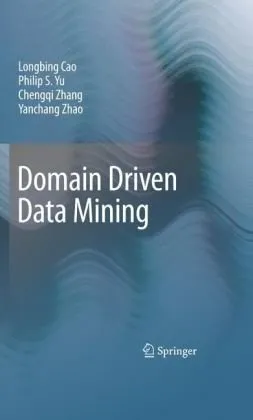
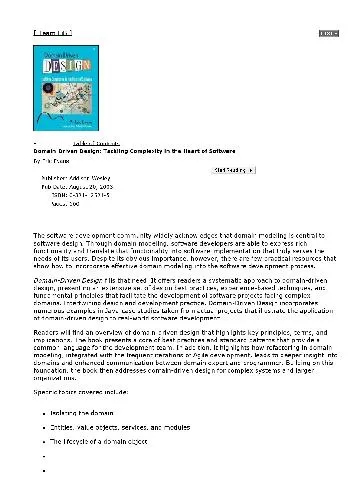
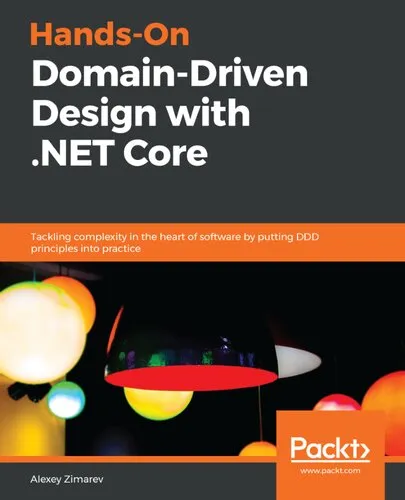
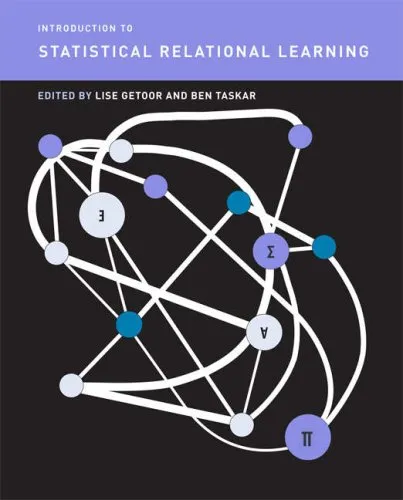
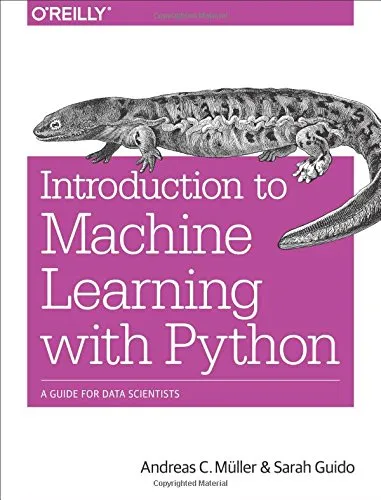
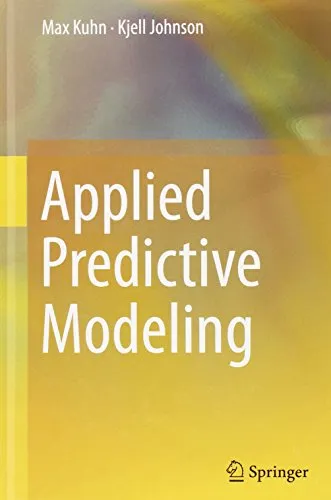

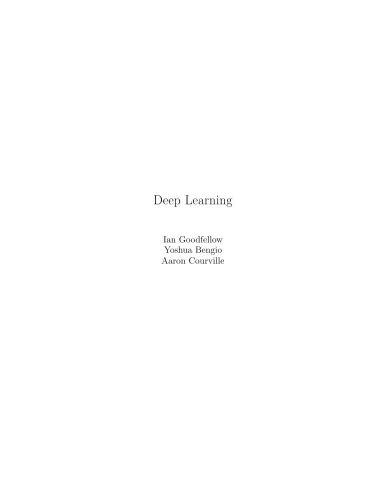
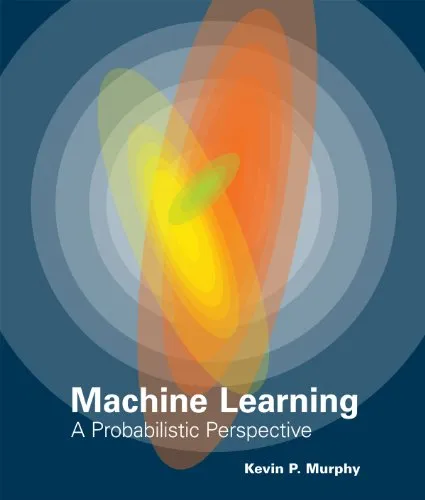

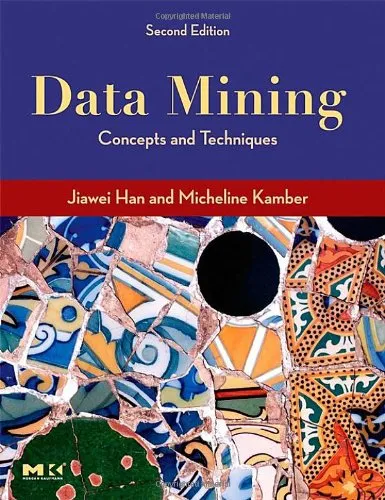
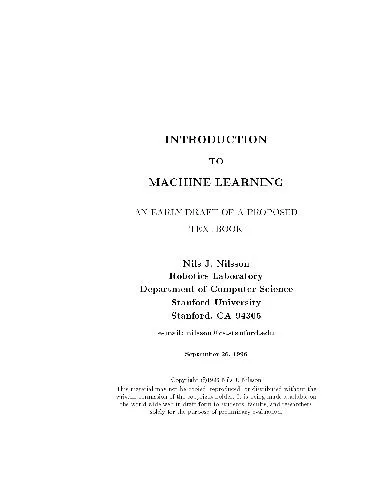
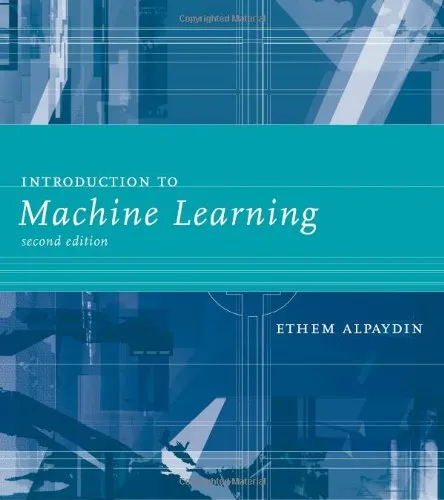
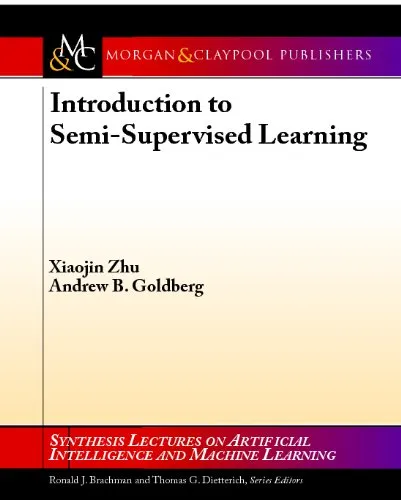

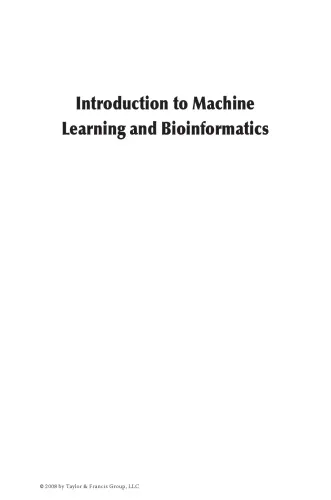
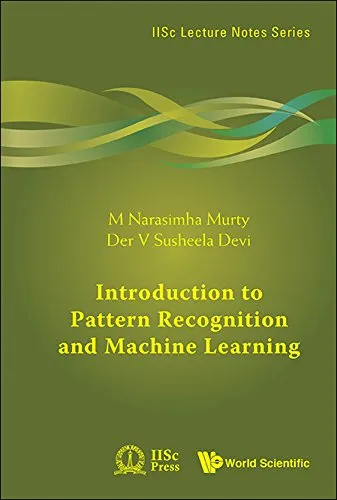
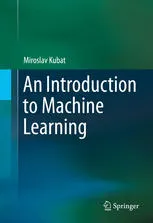
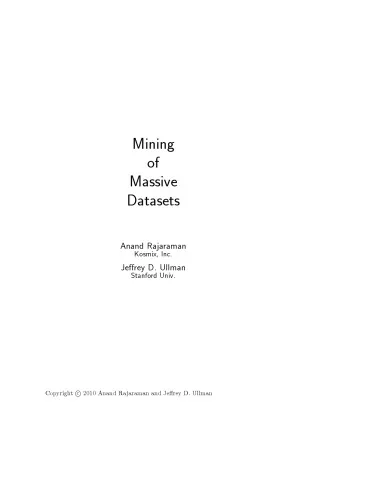
![Mining of Massive Datasets [Team-IRA]](https://s3.refhub.ir/images/thumb/Mining_of_Massive_Datasets__Team-IRA_19920.webp)
